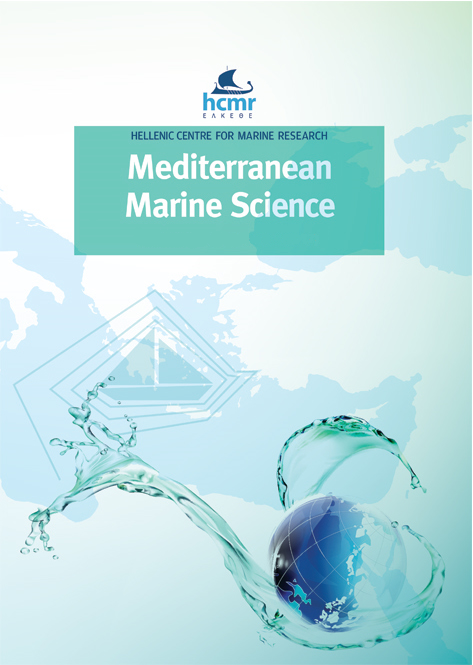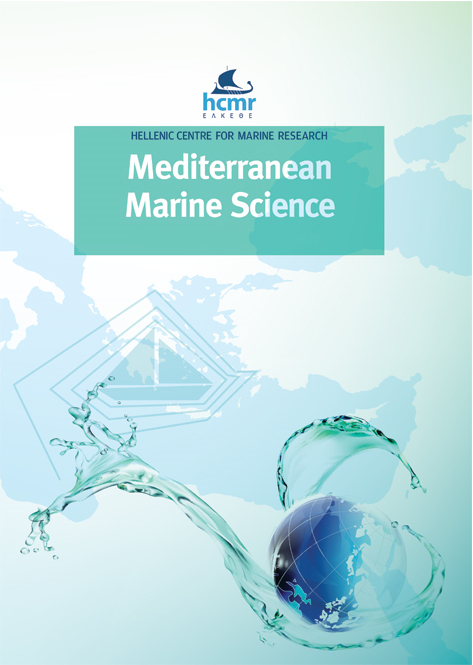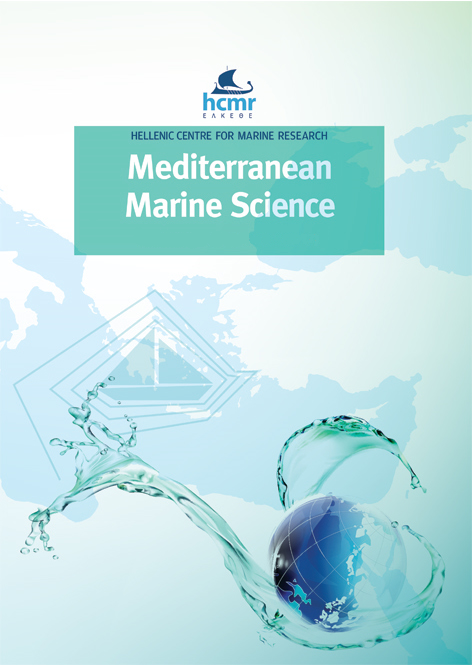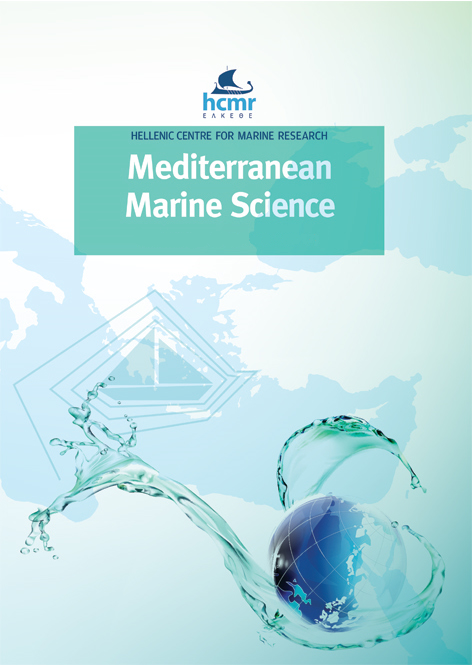Digital storytelling as an educational tool for scientific, environmental and sustainable development literacy on marine litter in informal education environments (Case study: Hellenic Center for Marine Research)
Abstract
The modern era is characterized by the explosion of Information and Communication Technologies (ICT) and their multiple applications both in the school community and in the extracurricular activities. ICT enables the school community to be engaged in new educational storytelling approaches with educational and learning content, using multimedia applications. This article describes a study that took place at the headquarters of the Hellenic Center for Marine Research and involved a convenience sampling of 153 high school students (ages 13 to 15 years old). The study is aimed to investigate the use of digital storytelling in developing environmental and sustainability awareness and enhancing the scientific literacy of high school students when it is used as an instructional tool in informal learning, for marine litter, a serious environmental and sub-regional issue of our days. A didactic intervention was applied focusing on digital storytelling and experiential hands-on activities covering concepts of marine pollution, to establish the acquisition of new knowledge and the strengthening of optimal behavior towards the environment and sustainable development of attitudes towards the global problem of plastic marine pollution. The results of the study confirm the importance of digital storytelling for the cultivation of students' Scientific and Environmental Literacy for oceans.
Article Details
- Zitationsvorschlag
-
ANDRIOPOULOU, A., GIAKOUMI, S., KOUVARDA, T., TSABARIS, C., PAVLATOU, E., & SCOULLOS, M. (2022). Digital storytelling as an educational tool for scientific, environmental and sustainable development literacy on marine litter in informal education environments (Case study: Hellenic Center for Marine Research). Mediterranean Marine Science, 23(2), 327–337. https://doi.org/10.12681/mms.26942
- Rubrik
- Special Issue Ocean Literacy
Authors who publish with this journal agree to the following terms:
- Authors retain copyright and grant the journal right of first publication with the work simultaneously licensed under a Creative Commons Attribution Non-Commercial License that allows others to share the work with an acknowledgement of the work's authorship and initial publication in this journal.
- Authors are able to enter into separate, additional contractual arrangements for the non-exclusive distribution of the journal's published version of the work (e.g. post it to an institutional repository or publish it in a book), with an acknowledgement of its initial publication in this journal.
- Authors are permitted and encouraged to post their work online (preferably in institutional repositories or on their website) prior to and during the submission process, as it can lead to productive exchanges, as well as earlier and greater citation of published work (See The Effect of Open Access).








